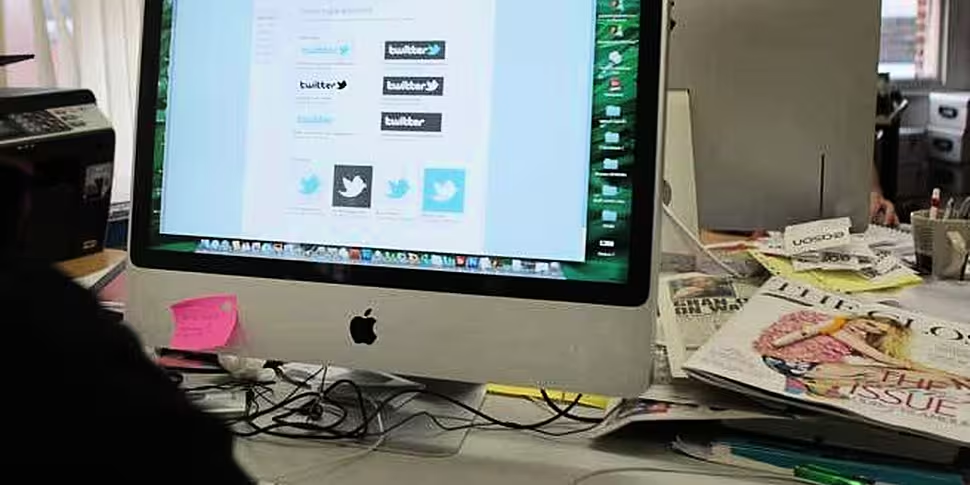Yesterday, Twitter introduced some notable changes to their blocking feature, which is in place to assist users to prevent abusive or 'trolling' tweets. The revised rule read, "If your account is public, blocking a user does not prevent that user from following you, interacting with your Tweets, or receiving your updates in their timeline. If your Tweets are protected, blocking the user will cause them to unfollow you." This was a significant change from the previous policy, which meant that blocked users could no longer follow the person who blocked them, regardless of whether the account was private or public. A blocked user would have to log out to see a public profile.
The revised change was met with an almost instant backlash. Users complained that it would potentially allow greater capacity for stalking and harassment, and that there were possible privacy and safety concerns with the new approach. A further objection was that it would not have been immediately obvious to a user that they had been blocked from an account, and other users could still see the blocked user's interactions with the 'blocker', even if the blocker couldn't.
As argued by Techcrunch, "This new method means that the only way to prevent someone from following you or interacting with your tweets is to make your account completely private."
Within hours, Twitter had addressed the concerns, and reverted back to the previous blocking policy. In a Twitter blog post, the company's Michael Sippey wrote, "Earlier today, we made a change to the way the “block” function of Twitter works. We have decided to revert the change after receiving feedback from many users – we never want to introduce features at the cost of users feeling less safe. Any blocks you had previously instituted are still in effect."
Sippey continued, "In reverting this change to the block function, users will once again be able to tell that they’ve been blocked. We believe this is not ideal, largely due to the retaliation against blocking users by blocked users (and sometimes their friends) that often occurs. Some users worry just as much about post-blocking retaliation as they do about pre-blocking abuse."
Twitter says they will investigate alternatives to the current method in order to minimise the risk of retaliation against users who block another.









